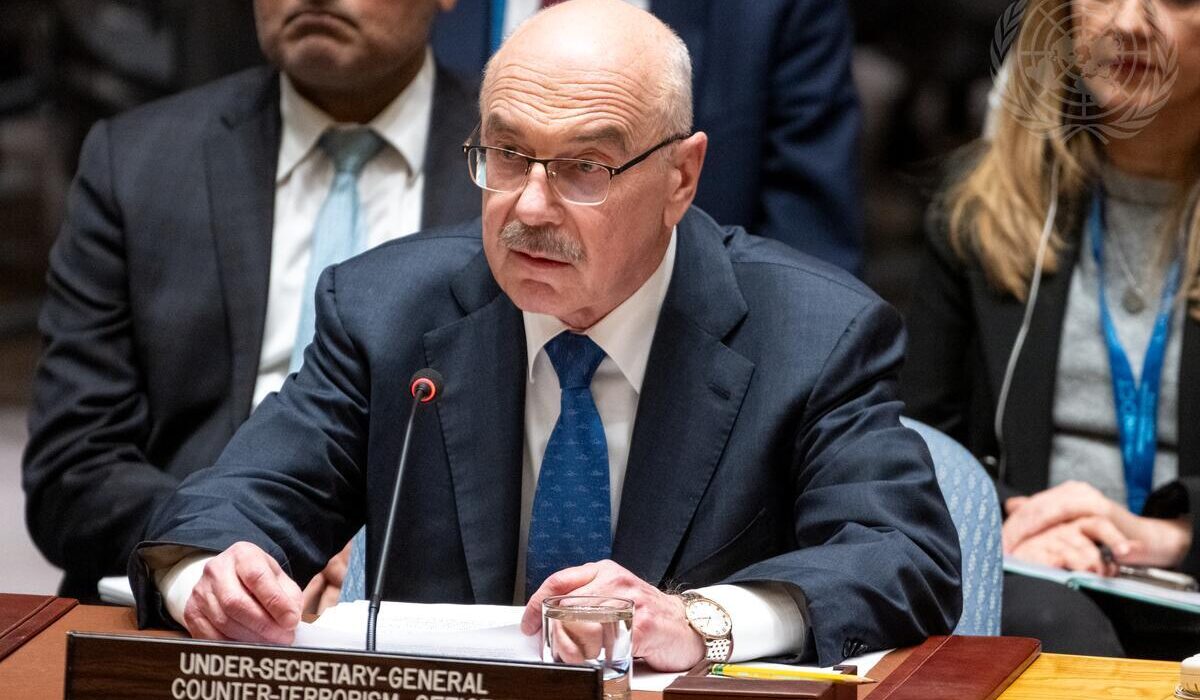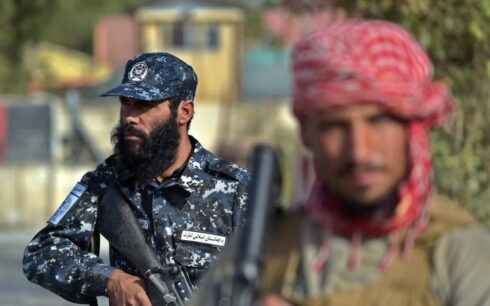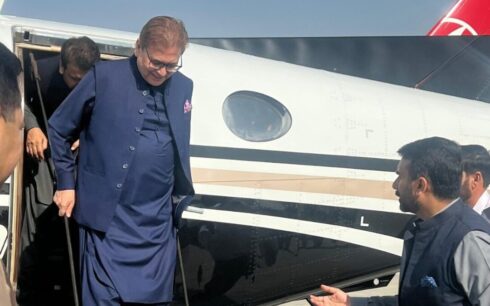A senior UN official has raised alarms about the increasing strength of Daesh’s Khorasan branch, commonly known as ISIS-K, which he described as a significant threat capable of launching attacks beyond Afghanistan.
The group, which has become “the greatest external terrorist threat” to Europe, is intensifying its efforts to recruit and enhance its capabilities, he said.
Speaking to the United Nations Security Council on Thursday, Vladimir Voronkov, the UN’s Under-Secretary-General for Counter-terrorism, highlighted two alarming trends that have materialized since his last briefing six months ago. “Unfortunately, two of the threats we have been monitoring have now manifested,” Voronkov said.
The first of these threats, he noted, is the ability of ISIS-K to carry out terrorist attacks abroad. He pointed specifically to the deadly attack on the Crocus City Hall concert venue near Moscow in March, which resulted in 145 deaths. Voronkov emphasized that the group has “improved its financial and logistical capabilities over the past six months, including by leveraging support from the Afghan and Central Asian diaspora” and has “intensified its recruitment efforts.”
This growing threat has prompted concerns across Europe, where ISIS-K is now regarded as the most significant external terrorist threat. The latest report by UN Secretary-General António Guterres, published in late July, underscores these concerns, particularly as major international events such as the ongoing Paris Olympic Games and the upcoming Euro 2024 football tournament approach.
Voronkov called on all UN member states to take unified action to prevent Afghanistan from becoming a breeding ground for terrorist activities with global repercussions. “It is imperative that Afghanistan does not once again become a hotbed of terrorist activity,” he said.
In addition to the rising threat from ISIS-K, Voronkov warned of a resurgence of the central structure of ISIS in the Middle East. The group has claimed responsibility for attacks carried out by its Afghan branch and has used these incidents as part of a broader propaganda campaign. The official also noted an increase in ISIS’s operational activities in Syria.
“Continued counterterrorism efforts are essential to prevent ISIS from capitalizing on these developments,” Voronkov urged.
He also reiterated concerns about the entrenchment of ISIS-affiliated groups across Africa, particularly in West Africa and the Sahel region. These groups have “extended and consolidated their areas of operations,” and if their influence continues to grow, a vast territory from Mali to northern Nigeria could fall under their control. Voronkov also mentioned the strengthening of ISIS affiliates in the Democratic Republic of Congo and Somalia as areas of concern.
As the UN continues to monitor these developments, the global community faces an urgent need for coordinated action to address the expanding reach of ISIS and its affiliates.





